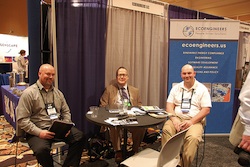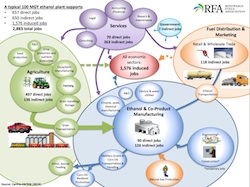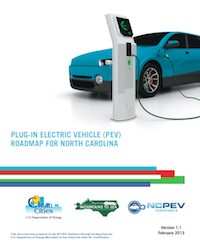The National Center for Atmospheric Research (NCAR) is spearheading a three-year, nationwide project to create an unprecedented, 36-hour forecasts of incoming energy from the Sun for solar energy power plants. The research team is designing a prototype system to forecast sunlight and resulting power every 15 minutes over specific solar facilities. This should enable utilities to forecast the amount of available solar energy. The project is primarily funded with a $4.1 million DOE grant.
 “It’s critical for utility managers to know how much sunlight will be reaching solar energy plants in order to have confidence that they can supply sufficient power when their customers need it,” said Sue Ellen Haupt, director of NCAR’s Weather Systems and Assessment Program and the lead researcher on the solar energy project. “These detailed cloud and irradiance forecasts are a vital step in using more energy from the Sun.”
“It’s critical for utility managers to know how much sunlight will be reaching solar energy plants in order to have confidence that they can supply sufficient power when their customers need it,” said Sue Ellen Haupt, director of NCAR’s Weather Systems and Assessment Program and the lead researcher on the solar energy project. “These detailed cloud and irradiance forecasts are a vital step in using more energy from the Sun.”
According to NCAR, the research will take aim a one of the biggest challenges in meteorology- accurately predicting cloud cover over specific areas. Solar energy output is affected both by when and where clouds form and also by the types of clouds present. The thickness and elevation of clouds have greatly differing effects on the amount of sunlight reaching the ground. Wispy cirrus clouds several miles above the surface, for example, block far less sunlight than thick, low-lying stratus clouds. Therefore, cloud predictions can both improve the accuracy of short-term weather forecasts in addition to aiding utilities to tap solar energy more effectively.
“Improving forecasts for renewable energy from the Sun produces a major return on investment for society,” added Thomas Bogdan, president of the University Corporation for Atmospheric Research, which manages NCAR on behalf of the National Science Foundation. “By helping utilities produce energy more efficiently from the Sun, we can make this market more cost competitive.”










